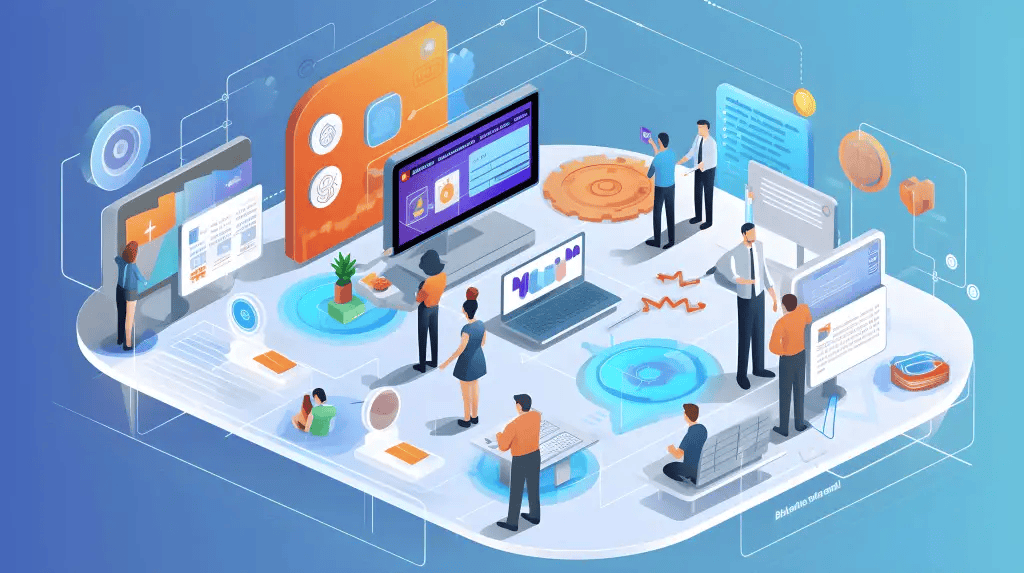ERP
Enterprise Resource Planning or ERP is a software system that integrates various business functions and processes within a company. Coordination and management of business resources can be done concisely.
The business resources in question include finance, production, inventory, marketing, and human resources. By combining various application modules, ERP allows every business information to be available consistently, up-to-date, and up-to-date.
What is the Purpose of ERP?
The main purpose of implementing ERP is to improve operational efficiency and company performance. Some general objectives of ERP include:
Integration
Integrating various systems and business processes into one well-coordinated entity.
Efficiency
Increasing operational efficiency and reducing data redundancy or duplication, as well as the possibility of data loss.
Cost Control
Optimizing the use of company resources and saving operational costs.
Also Read: Financial Reports: Definition, Types, & Benefits for Business.
Better Decision Making
The information available in the system is more accurate and real-time, thus supporting better decision making in dynamic business conditions.
Scalability
A company’s desire to grow and adapt better by managing resources in an integrated manner.
How Does ERP Work?
ERP works by integrating different data and business processes across an organization. It collects data from different departments and links it into a central database.
This way, relevant and accurate information can be accessed by users across the company.
ERP uses an attractive structure and shares data in real-time. This allows different departments to collaborate, share information, and manage business processes more efficiently.
In an ERP system, data changes only need to be made once. After that, the updates are automatically reflected in all related modules and departments.
What are Some Examples of ERP?
There are many popular ERP systems that are widely used in various industries. Some of the well-known ERP examples include:
SAP ERP
One of the leading ERP solutions that includes various modules for financial management, supply chain, HR, and more.
Oracle ERP Cloud
A cloud platform that provides a range of ERP applications including financial management, manufacturing, logistics, and more.
Microsoft Dynamics 365
This ERP suite from Microsoft includes modules such as sales, marketing, finance, and customer service.
Inform ERP
This ERP solution offers a range of management features such as production, distribution, and asset management.
Odoo
This open-source ERP platform includes features such as sales, purchasing, inventory, accounting, and more



